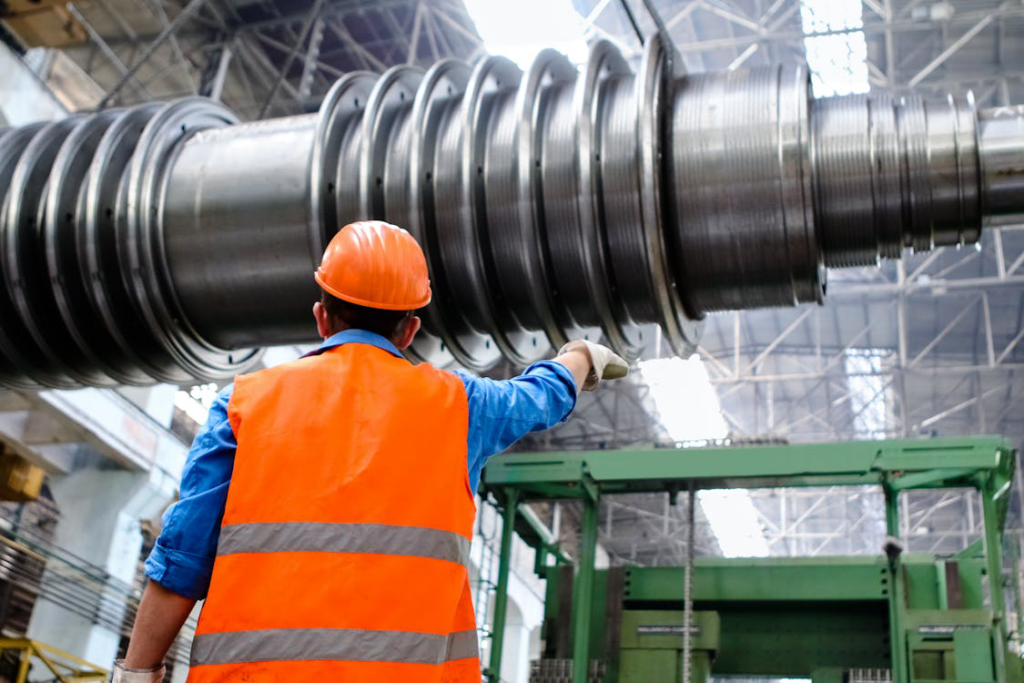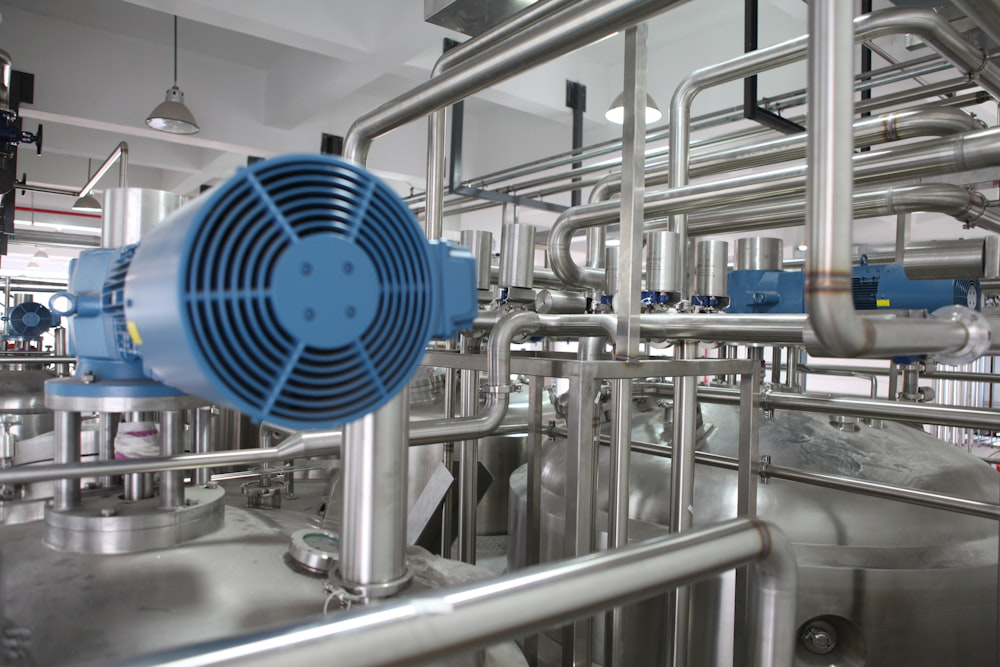Efficiency is paramount in the manufacturing industry. Every dollar saved in operational costs translates to increased competitiveness and profitability. However, traditional material handling methods often pose significant challenges to achieving optimal efficiency. Manual labor and outdated equipment are common culprits, leading to inefficiencies and unnecessary expenses.
Manual material handling tasks are not only time-consuming but also prone to errors. Human operators may struggle with repetitive tasks, leading to inconsistent results and increased risk of product damage or loss. Moreover, relying on manual labor can limit productivity and hinder scalability, especially in high-volume production environments.
Outdated equipment further compounds these challenges. Conventional conveyor systems may lack the flexibility and adaptability needed to handle modern manufacturing requirements. Inefficient layouts and suboptimal workflows can result in bottlenecks and slowdowns, leading to decreased throughput and increased cycle times.
In this blog post, we explore how smart material handling systems can reduce manufacturing costs and increase efficiency.
Introduction to Smart Material Handling Solutions
In response to these challenges, manufacturers are turning to smart material handling solutions to streamline their processes and cut operational costs. These solutions leverage cutting-edge technologies such as automation, IoT (Internet of Things), and data analytics to optimize every aspect of the material handling process.
By integrating smart sensors and actuators into equipment and machinery, manufacturers can monitor and control material flow in real-time. This level of connectivity enables proactive decision-making and ensures smooth operations, even in dynamic and unpredictable environments.
Predictive maintenance capabilities are another key feature of smart material handling solutions. By analyzing data from sensors and monitoring equipment performance, manufacturers can detect potential issues before they escalate into costly breakdowns. Scheduled maintenance activities can be optimized based on actual usage and wear patterns, minimizing downtime and maximizing equipment uptime.

Benefits of Smart Material Handling Solutions
1. Increased Efficiency
Smart material handling solutions automate repetitive tasks, reducing the reliance on manual labor. Automated conveyor systems adjust speed and direction based on real-time demand, ensuring optimal throughput and minimizing idle time. This not only speeds up the process but also minimizes the risk of human error, leading to more consistent and reliable operations.
2. Reduced Downtime
Predictive maintenance features in smart material handling equipment can detect potential issues before they cause breakdowns. By addressing maintenance needs proactively, manufacturers can minimize unplanned downtime and maximize productivity. Equipment health monitoring and remote diagnostics enable timely intervention, preventing costly disruptions to production schedules.
3. Optimized Inventory Management
Smart material handling systems can track inventory levels in real-time, allowing manufacturers to maintain optimal stock levels and avoid overstocking or stockouts. Automated replenishment processes ensure that materials are available when needed, minimizing costly delays and production stoppages. This leads to reduced carrying costs and improved cash flow, as capital is not tied up in excess inventory.
4. Enhanced Safety
Automation reduces the need for manual intervention in material handling tasks, minimizing the risk of workplace accidents and injuries. Smart material handling solutions are equipped with safety features such as sensors and alarms to further ensure a safe working environment. Collaborative robots (cobots) work alongside human operators, performing tasks that are repetitive, ergonomically challenging, or hazardous, thus reducing the risk of accidents and improving overall workplace safety.

Smart Solids Handling Equipment
Smart solids handling equipment revolutionizes the way manufacturers handle bulk materials such as powders, granules, and pellets. These advanced systems incorporate sensors, actuators, and connectivity to optimize material flow and minimize waste.
One example of smart solids handling equipment is the bag break stations. These stations play a crucial role in material processing operations. These stations are designed to efficiently and safely handle bulk bags or containers, allowing for the seamless integration of solid materials into manufacturing processes.
Smart Liquid Handling Equipment
In addition to solids, manufacturers often need to handle liquids such as chemicals, solvents, and lubricants. Smart liquid handling equipment, such as drum metering pumps and gear metering pumps, offers precise control and monitoring capabilities, helping manufacturers optimize usage and minimize waste.
Drum metering pumps are designed to accurately dispense liquids from drums or containers in predetermined quantities. These pumps can be integrated with sensors and controllers to ensure precise metering and prevent overflows or spills.
Gear metering pumps, on the other hand, are used for applications that require high accuracy and consistency, such as mixing and blending processes. These pumps are equipped with advanced features such as variable speed control and flow rate monitoring to optimize performance and minimize material waste.

The adoption of smart material handling solutions represents a significant opportunity for manufacturers to enhance efficiency, reduce costs, and stay competitive in today’s rapidly evolving landscape. By leveraging cutting-edge technologies such as automation, IoT, and data analytics, companies can optimize their material handling processes and unlock new levels of productivity and profitability.
As pioneers in the field of smart material handling, Orbetron has been at the forefront of innovation since our inception in 2011.
At Orbetron, we are more than just a provider of off-the-shelf solutions. We are a customer-focused company that works closely with our clients to design, engineer, and manufacture customized dry and liquid bulk material feeding systems tailored to their specific applications. Our in-house design capabilities allow for variations in concept to fit most process requirements.
As technology continues to evolve, Orbetron remains committed to staying up-to-date with the latest advancements in the field. Whether you’re looking to improve efficiency, reduce waste, or enhance safety, we’re here to help you create a feeding or blending solution that fits your unique needs. Contact us today to learn more about how Orbetron can revolutionize your material handling processes.

